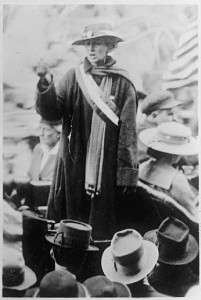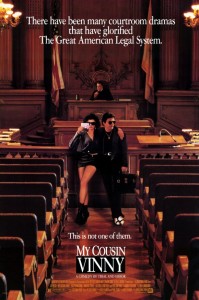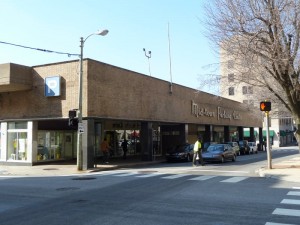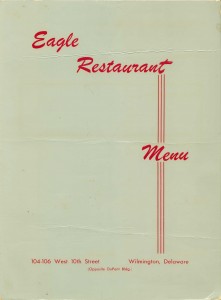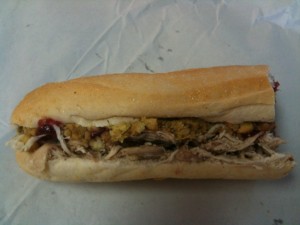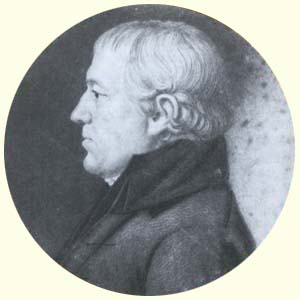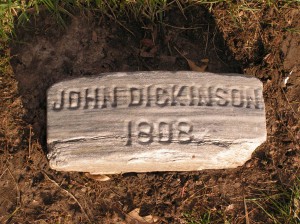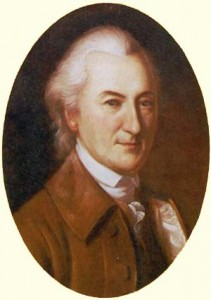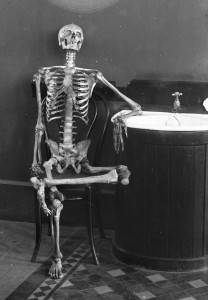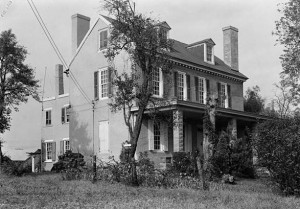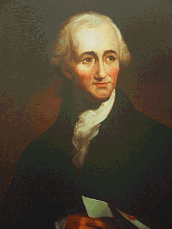The 19th Amendment in Delaware
After years of struggle by women’s movement advocates to gain the vote for women, the United States Congress passed the 19th Amendment granting women the right to vote in 1919. However, the amendment would not become part of the Constitution until it had been ratified by 36 states. Ten months later 35 states had ratified the amendment and only one more state was needed. The leaders of the women’s suffrage movement looked to the Delaware General Assembly to cast the decisive vote at a special session in March 1920.
The suffrage and anti-suffrage forces descended on Dover to encourage the General Assembly to vote their way, marching through town wearing distinctive flowers, yellow for the suffragists and red for the anti-suffragists. Both sides were led by charismatic women.
The leaders of the suffrage forces were Florence Bayard Hilles of the National Woman’s Party and Mabel Lloyd Ridgely of the Delaware Equal Suffrage Association. Florence Bayard Hilles was the daughter of the American ambassador to Great Britain and was descended from Delaware’s politically prominent Bayard family. Mabel Lloyd Ridgely was the leader of the Kent County suffragists and also came from a prominent Delaware family.
The anti-suffrage leaders were two equally prominent Delaware women. Mary Wilson Thompson was active in many civic causes and was an expert lobbyist. She was eventually known in Delaware for, among other things, founding the Delaware Mosquito Control Corp which worked to reduce mosquitoes in Sussex County. Emily Bissell was a social reformer who founded what is today West End Neighborhood House and is best known for introducing Christmas Seals to America.
Both sides lobbied and protested in Dover. The suffragists brought Eamon de Valera, president of the Irish Free State to Delaware to convince Irish-American representatives and at one point resorted to kidnapping the chairman of a House committee so that he couldn’t present the amendment for a vote the suffragists were sure to lose.
On May 5th the Delaware Senate ratified the amendment. Only the House remained to be convinced. After months of lobbying and rallying by both sides the Delaware House on June 2nd voted to adjourn without passing the amendment. The anti-suffragists had won.
But their victory was short-lived. Delaware had lost its chance to make history and the lobbying and marching passed to the next state, Tennessee, which ratified the amendment by one vote. The Nineteenth Amendment and votes for women became part of the Constitution.
Photo sources:
Florence Bayard Hilles. Photographs from the Records of the National Woman’s Party. Library of Congress.
Mary Wilson Thompson. Historical Society of Delaware.
For more information see:
de Vou, Mary R., “The Woman Suffrage Movement in Delaware,” in H. Clay Reed, ed., Delaware: A History of the First State (New York: 1947), 1:349-70
“Delaware,” in Ida Husted Harper, ed., The History of Woman Suffrage (National American Woman Suffrage Association: 1922) 6: 86-103
Higgins, Anthony, ed., “Mary Wilson Thompson Memoir,” Delaware History 18 (1978-79): 43-62, 126-152, 194-218, 238-266.
Hoffecker, Carol E., “Delaware’s Woman Suffrage Campaign,” Delaware History 20 (1982-83): 149-167.
The Suffrage Movement in Delaware. Historical Society of Delaware. http://www.hsd.org/Women_SuffrageMainPage.htm
